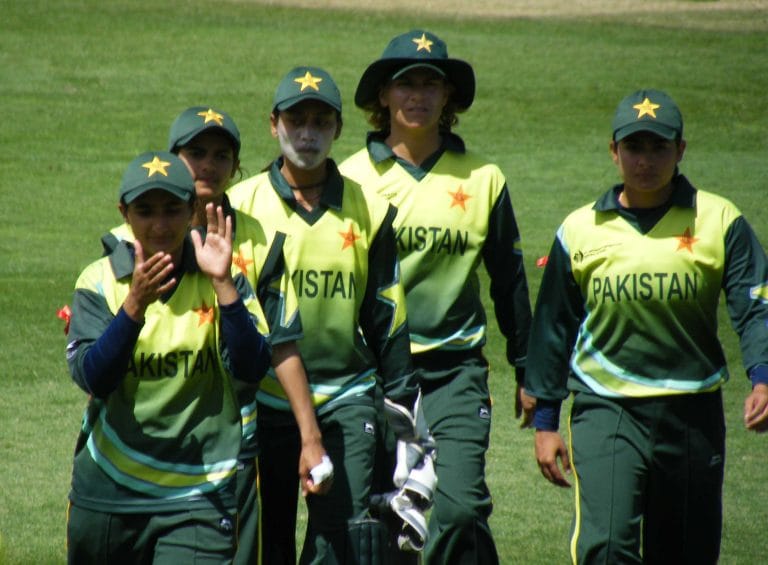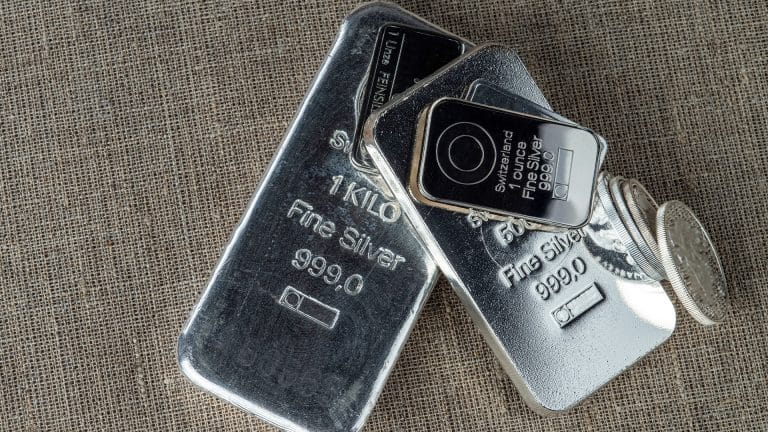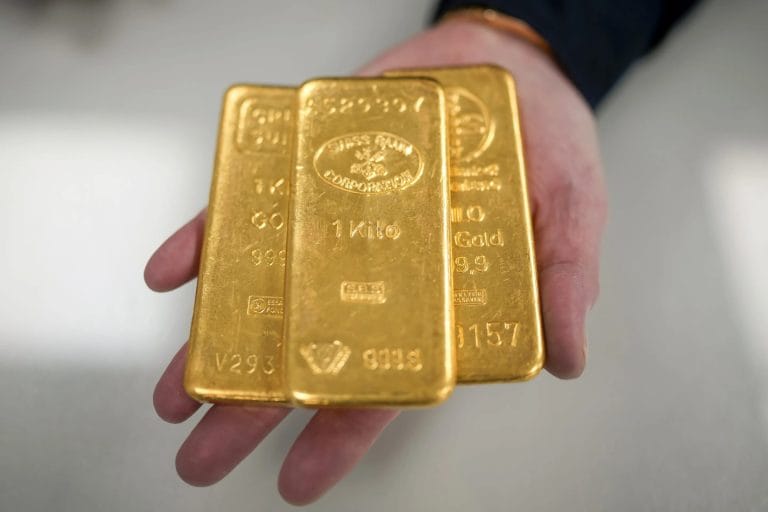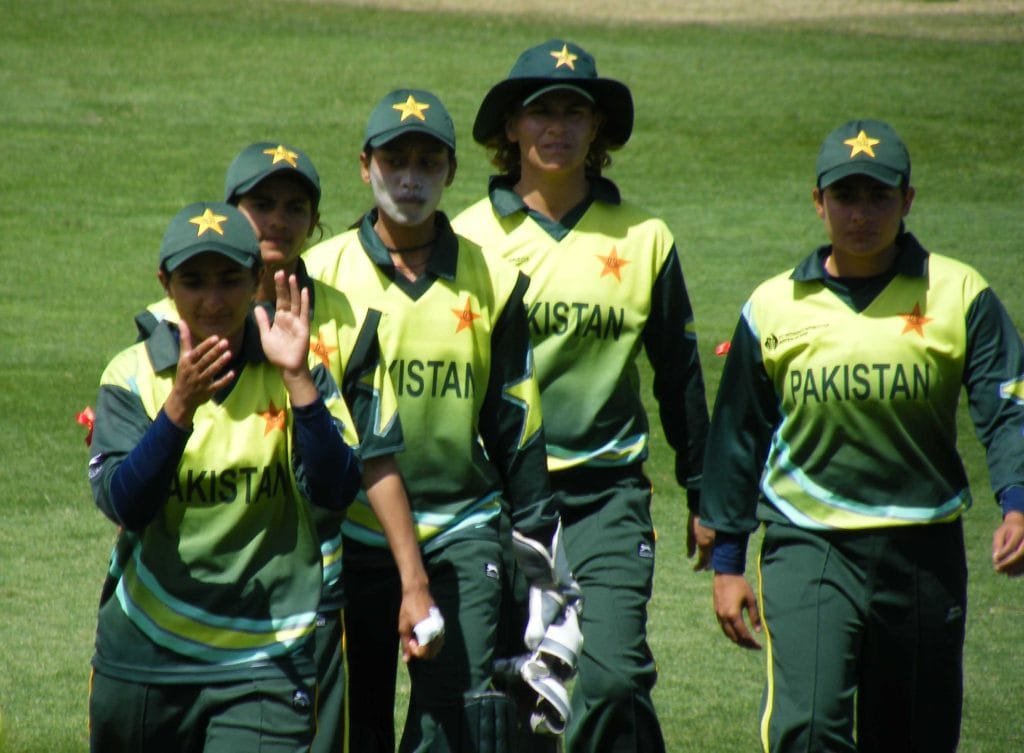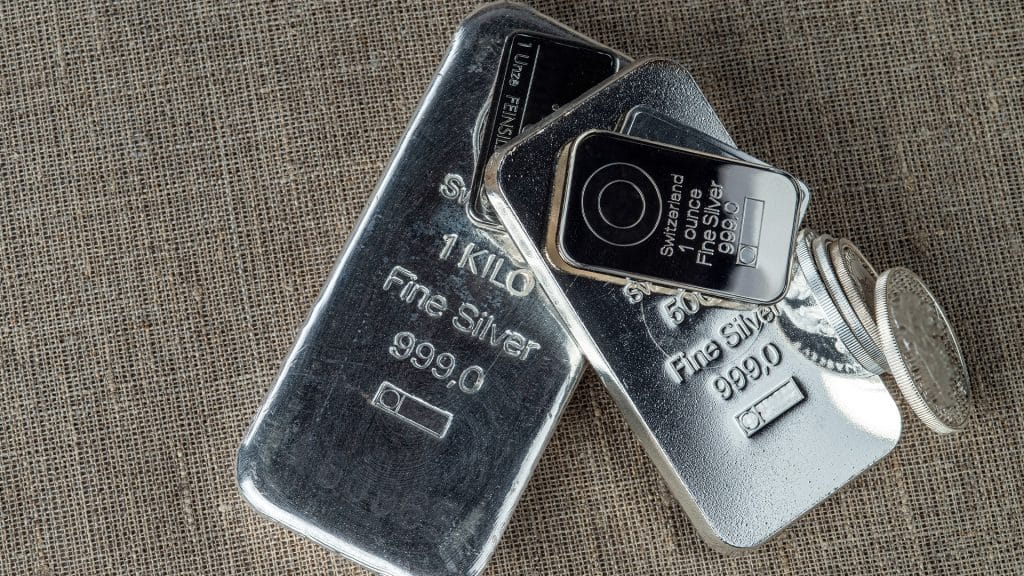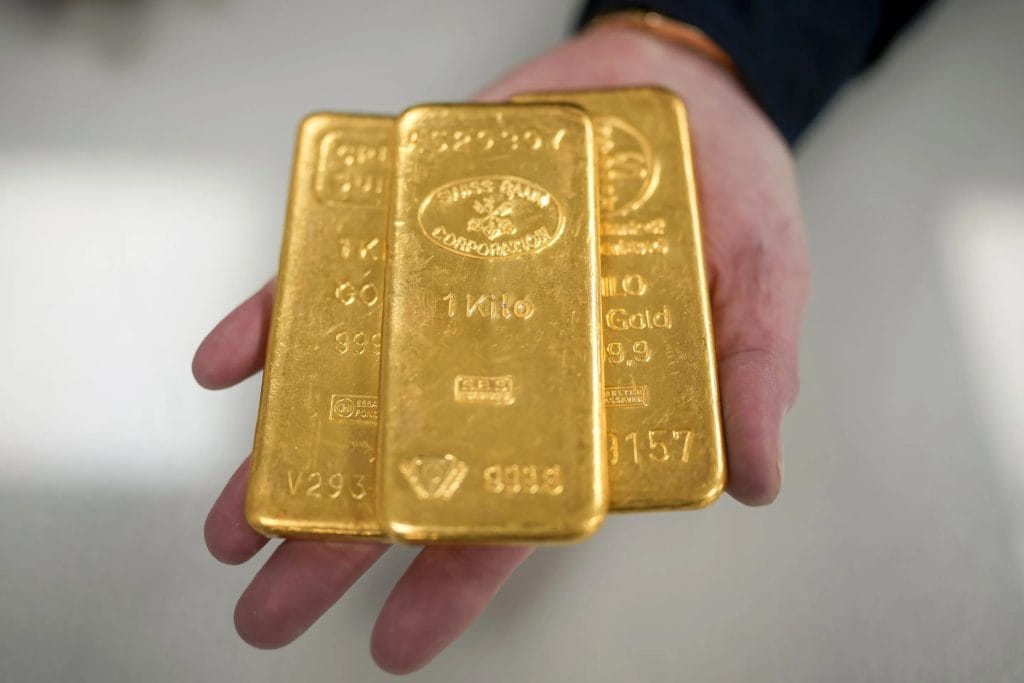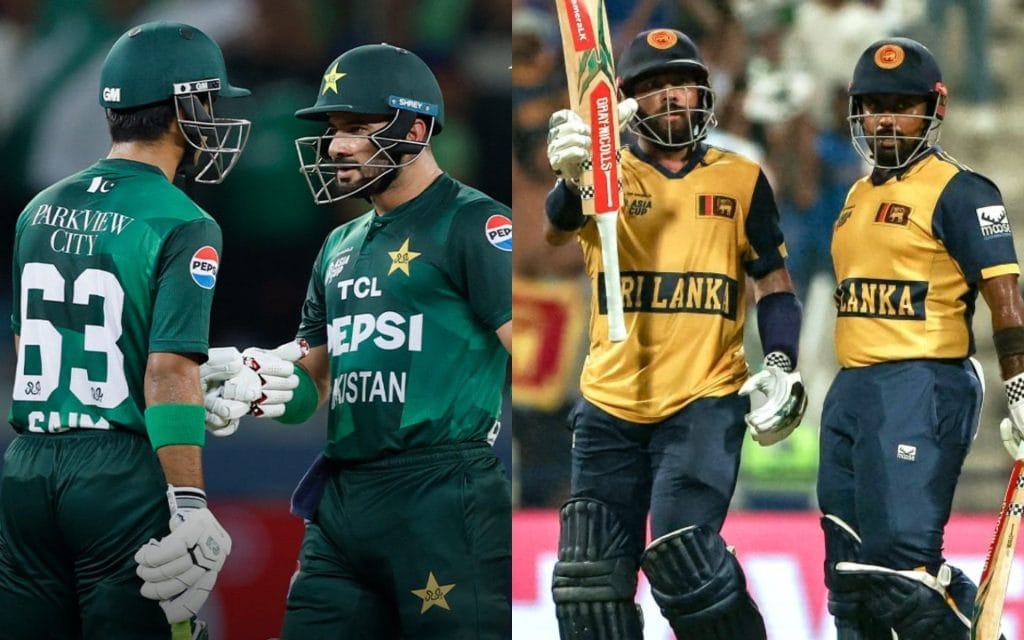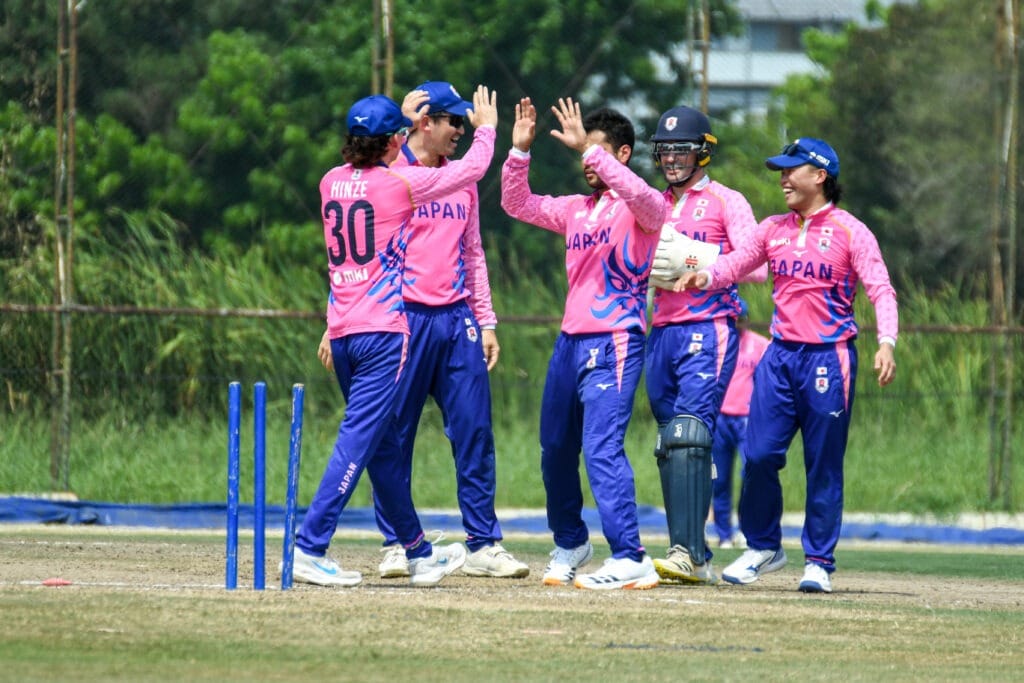Ajrak Number Plates Policy Will Not Be Reversed, Confirms Sindh Minister
Sindh’s Excise and Taxation Minister Mukesh Kumar Chawla has made it clear that the Ajrak number plates policy will not be rolled back. The plates, which carry special security features and a cultural design, are mandatory for all vehicles and motorcycles in Sindh.
Speaking on a private news channel, the minister said that these plates have been in use since 2021. The government considers them essential for road safety and vehicle verification.
Ajrak Number Plates Policy: Cultural or Controversial?
The Ajrak number plates policy has been met with mixed reactions. Some have criticized the move, calling it politically motivated. Minister Chawla rejected these claims and accused certain groups of trying to create ethnic division.
“The Ajrak is a cultural identity of Sindh, not a political tool,” he said. He also pointed out that the plates include images of Mazar-e-Quaid and the Sindh government logo to represent unity and security.
Legal Challenge to Ajrak Number Plates Policy
While the government stands firm, the Ajrak number plates policy has been legally challenged in the Sindh High Court. Social activist Faizan Hussain filed a petition, naming the Secretary of Excise and Taxation, DIG Traffic, and Motor Vehicle Registration Wing as respondents.
Hussain argued that the switch has caused inconvenience and additional costs for the public. The current price of the plates is Rs. 1,850 for motorcycles and Rs. 2,450 for cars.
Public Reaction to Ajrak Number Plates Policy
Many vehicle owners have expressed frustration over the extra cost and the process of getting the new plates. Some also questioned why a regional cultural symbol should be made mandatory on official license plates.
Despite this, the government continues to enforce the Ajrak number plates policy, stating that it improves road monitoring and reduces the risk of vehicle theft or misuse.
Conclusion
The Ajrak number plates policy remains in effect across Sindh, with no signs of reversal. While some hail it as a cultural symbol and a security improvement, others view it as costly and divisive. With a case pending in the Sindh High Court, the debate over these number plates is far from over.





